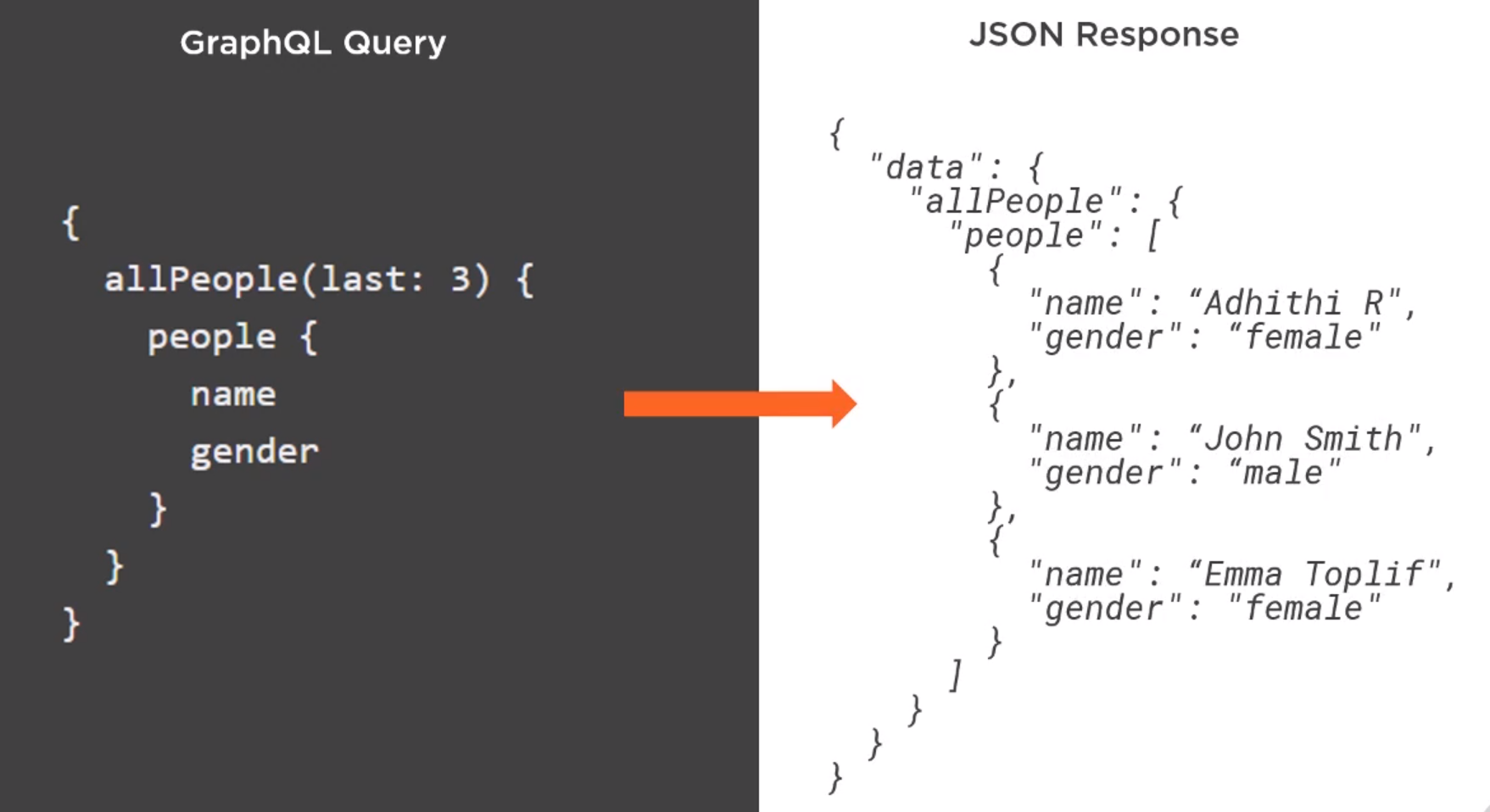Graphql: Difference between revisions
Jump to navigation
Jump to search
| Line 70: | Line 70: | ||
Creating queries is straight forward | Creating queries is straight forward | ||
<syntaxhighlight lang="graphql"> | <syntaxhighlight lang="graphql"> | ||
{ | query viewInfo { | ||
viewer { | viewer { | ||
login | login | ||
| Line 88: | Line 88: | ||
To prevent duplicate returned data names you need to add aliases. | To prevent duplicate returned data names you need to add aliases. | ||
<syntaxhighlight lang="graphql"> | <syntaxhighlight lang="graphql"> | ||
{ | query viewInfo { | ||
viewer { | viewer { | ||
login | login | ||
| Line 113: | Line 113: | ||
To make query less duplicated you can write macros and use the eclipse. | To make query less duplicated you can write macros and use the eclipse. | ||
<syntaxhighlight lang="graphql"> | <syntaxhighlight lang="graphql"> | ||
{ | query viewInfo { | ||
viewer { | viewer { | ||
login | login | ||
| Line 137: | Line 137: | ||
bioHTML | bioHTML | ||
</syntaxhighlight> | |||
====Operation Names ==== | |||
This is just the name given to the query, in out case viewerInfo. | |||
====Variables==== | |||
Add to the input with brackets and use specifying the field. e.g. | |||
<syntaxhighlight lang="graphql"> | |||
query viewInfo($isOwner: Boolean!) { | |||
viewer { | |||
login | |||
bio | |||
id | |||
name | |||
starredRepositories(ownedByViewer: $isOwner, last 5) { | |||
nodes { | |||
...userInfo | |||
} | |||
} | |||
} | |||
} | |||
</syntaxhighlight> | </syntaxhighlight> | ||
Revision as of 03:31, 6 August 2020
Introduction
This is a query language for your API.
Example
A example Query and Response provides an example.
 It is used by
It is used by
- PsyPal
- Github
Core Concepts
Data Types
- Int signed 32-bit integer
- Float signed double-precision floating-point value
- String utf8 character sequence
- Boolean true or false values
- ID Unique identifier, Used to re-fetch an object or a the key for a cache
Structure Types
type Author {
id: ID,
firstName: String
lastName: String
rating: Float
numOfCourses: Int
}
Enums
enum language {
ENGLISH
SPANISH
FRENCH
}
Query and Mutation Types
Every GraphQL service has a query type. It may or may not have a mutation type. Tyey act as an entry point into the schema.
schema {
query: Query
mutation: Mutation
}
Examples
type Query {
author_details: [Author]
}
type Mutation {
addAuthor: [firstName: String, lastName: String_):Author
}
Allowing Null values
Adding a bang to the fields means the field is allowed to be nullable.
type Author {
id: ID!,
firstName: String
lastName: String
rating: Float
numOfCourses: Int
}
Queries
Arguments
Creating queries is straight forward
query viewInfo {
viewer {
login
bio
id
name
followers (last : 3) {
nodes {
id,
bio
}
}
}
}
Alias
To prevent duplicate returned data names you need to add aliases.
query viewInfo {
viewer {
login
bio
id
name
firstfollowers: followers (first : 3) {
nodes {
id,
bio
}
}
lastfollowers: followers (last : 3) {
nodes {
id,
bio
}
}
}
}
Fragments
To make query less duplicated you can write macros and use the eclipse.
query viewInfo {
viewer {
login
bio
id
name
firstfollowers: followers (first : 3) {
nodes {
...userInfo
}
}
lastfollowers: followers (last : 3) {
nodes {
...userInfo
}
}
}
}
fragment userInfo on User {
id
bio
bioHTML
Operation Names
This is just the name given to the query, in out case viewerInfo.
Variables
Add to the input with brackets and use specifying the field. e.g.
query viewInfo($isOwner: Boolean!) {
viewer {
login
bio
id
name
starredRepositories(ownedByViewer: $isOwner, last 5) {
nodes {
...userInfo
}
}
}
}